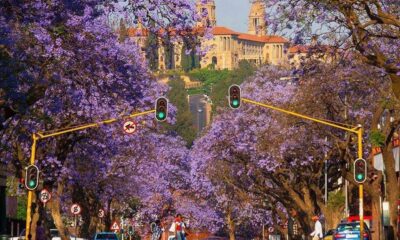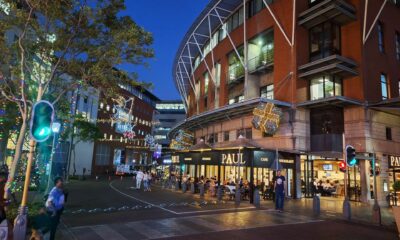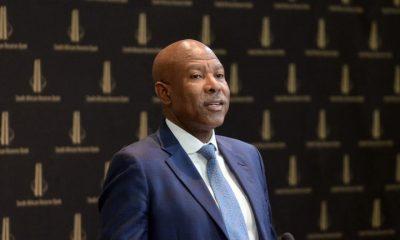Business
The South African Cities Where Homebuyers Are Holding Back

From coastal cool to cautious city streets
South Africa’s property map has changed dramatically in the last few years. Where once Johannesburg and Durban’s city lights drew steady investment, today buyers seem more hesitant, steering their money toward lifestyle-driven coastal havens instead.
Experts say the shift isn’t just about property prices; it’s about confidence. With economic uncertainty, service delivery woes, and semigration still redrawing the national landscape, South Africans are being far more selective about where they choose to plant roots.
KZN’s coastal slowdown
According to Seeff Property Group chairperson Samuel Seeff, KwaZulu-Natal’s once-thriving coastal belt has had a tough run. The 2021 riots and the devastating floods that followed in 2022 left deep scars on both infrastructure and buyer sentiment, particularly around eThekwini.
“The KZN coastal areas suffered a notable decline in sales volumes following the unrest,” Seeff explained. “It took years for confidence to return.”
Suburbs such as Umhlanga and Ballito are now showing signs of life again, driven by semigrants seeking coastal convenience and security. But in Durban’s CBD and nearby areas, growth has remained sluggish. Price increases are flat, and some investors are waiting for signs of a stronger recovery before jumping back in.
Still, Seeff believes this lull offers opportunity. “There’s value in these markets before the next upturn,” he said.
Joburg’s property fatigue
Gauteng’s powerhouse cities, especially Johannesburg, have also felt the chill. Once the country’s most active property market, Joburg has battled high stock levels and nearly stagnant price growth in recent years.
Industry insiders point to failing municipal services, rising crime, and ongoing semigration to the Western Cape as the main culprits. “The Cape managed to boom even through the 2022 to 2023 interest rate hikes,” said Seeff, “but Johannesburg was weighed down by poor infrastructure and buyer caution.”
That said, he sees promise in the correction. Homes in key areas have held their value while rental demand remains strong, creating fertile ground for investment buyers. “It’s the first time in years we’re seeing stock levels drop and prices edge up, albeit slowly,” he added.
Smaller cities under pressure
Beyond the metros, smaller centres like Gqeberha in Nelson Mandela Bay have faced their own set of challenges. A drawn-out water crisis and persistent governance issues have stifled growth, although a few resilient suburbs continue to attract interest.
In Mpumalanga and other industrial towns, the slowdown has been even sharper. Reliance on single industries or major employers means local property values rise and fall with the economy’s pulse, and lately, that pulse has been faint.
Why it isn’t all bad news
Despite the regional dips, analysts insist that the national housing picture remains stable. Giovanni Gaggia, CEO of Real Estate Services, says what we’re witnessing is less a collapse and more a correction.
“The market has reset to realistic pricing,” he said. “It’s healthier now than it’s been in years, especially for first-time buyers.”
Semigration remains one of the strongest forces shaping the sector. The Western Cape, the Garden Route, and the North Coast of KZN continue to benefit from people chasing lifestyle, safety, and better governance.
Meanwhile, Gauteng is quietly reinventing itself through affordable housing projects and mixed-use developments, while developers across the country push sustainable and energy-efficient design to meet new buyer expectations.
Banks, too, are optimistic. Mortgage approvals are improving, and a possible drop in interest rates later this year could inject fresh energy into the market.
The takeaway
South Africa’s property story is no longer just about where people can afford to live; it’s about where they want to. As confidence returns in pockets and prices stabilise, experts say buyers who act now might be catching the next wave just before it breaks.
Follow Joburg ETC on Facebook, Twitter, TikT
For more News in Johannesburg, visit joburgetc.com
Source: Business Tech
Featured Image: ImmoAfrica.net



























